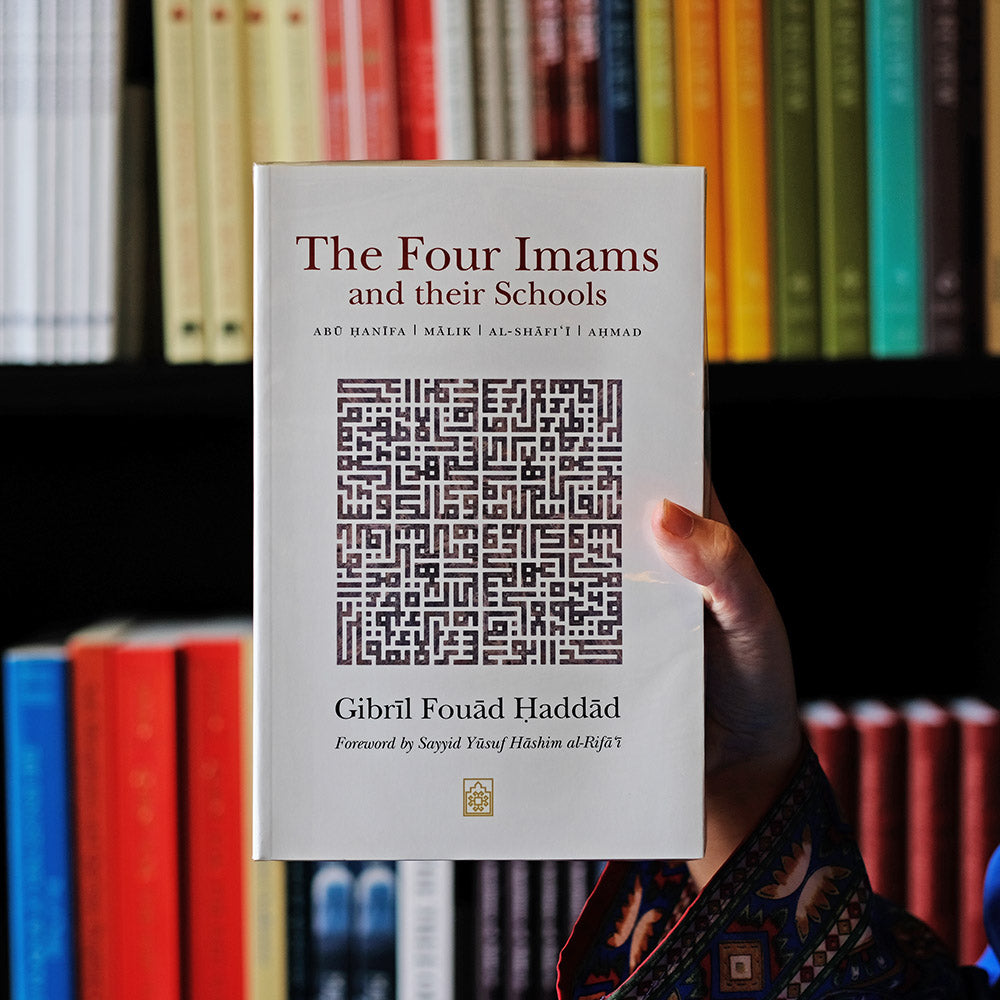

Some use of "" in your query was not closed by a matching "". Other articles of the topic Islam : Islamic philosophy, Orekhovo-Zuyevo Cathedral Mosque, Sattari Jame Masjid, Ali, Isaac, 2016 Ramadan attacks, April 2019 Kalmunai shootout The widely accepted opinion, however, is that most probably he was of Persian ancestry. The discrepancy in the names, as given by Ismail of Abū Ḥanīfah's grandfather and great-grandfather, are thought to be due to Zuta's adoption of the Arabic name (Numan) upon his acceptance of Islam and that Mah and Marzban were titles or official designations in Persia, with the latter, meaning a margrave, referring to the noble ancestry of Abū Ḥanīfah's family as the Sasanian Marzbans (equivalent of margraves). The historian Al-Khatib al-Baghdadi records a statement from Imām Abū Ḥanīfah's grandson, Ismail bin Hammad, who gave Abū Ḥanīfah's lineage as Thabit bin Numan bin Marzban and claiming to be of Persian origin. His ancestry is generally accepted as being of Persian origin as suggested by the etymology of the names of his grandfather (Zuta) and great-grandfather (Mah). It's being said that his family emigrated from Charikar north of Kabul to Baghdad in the eighth century. Ību Hanifa studied at Kufa and gradually gained influence as an authority on legal questions, founding a moderate rationalist school of Islamic jurisprudence that was named after him. His grandfather Zuta is said to have been brought as a slave from Kabul and transported to Kufa, Indian scholar Qazi Athar Mubarakpuri however reports from the grandson of Abu Hanifa, who said, "By God, our family was never a slave to anyone and my grandfather Numan was born in 80 AH." Athar also suggests that Zuta had embraced Islam during the reign of Ali and was named Numan. 8.1 Confusion regarding Al-Fiqh Al-AkbarĪbū Ḥanīfah was born in the city of Kufa in Iraq in 80 AH, during the reign of the Umayyad caliph Abd al-Malik.6 Connection with the family of Muhammad.Abu Hanifa's theological school is claimed to be what would later develop into the Maturidi school of Sunni theology. As his career as a theologian and jurist progressed, Abu Hanifa became known for favoring the use of reason in his legal rulings ( faqīh dhū raʾy) and even in his theology. īorn to a Muslim family in Kufa, Abu Hanifa is known to have travelled to the Hejaz region of Arabia in his youth, where he studied in Mecca and Medina. Some followers call him al-Imām al-Aʿẓam ("The Greatest Imam") and Sirāj al-aʾimma ("The Lamp of the Imams") in Sunni Islam.

699 – 767 CE), known as Abū Ḥanīfa for short, or reverently as Imam Abū Ḥanīfa by Sunni Muslims, was an 8th-century Sunni Muslim theologian and jurist of Persian origin, who became the eponymous founder of the Hanafi school of Sunni jurisprudence, which has remained the most widely practiced law school in the Sunni tradition, predominates in Central Asia, Afghanistan, Persia (until the 16th century), Balkans, Russia, Chechnya, Pakistan, Bangladesh, Muslims in India, Turkey, and some parts of the Arab world.


 0 kommentar(er)
0 kommentar(er)
